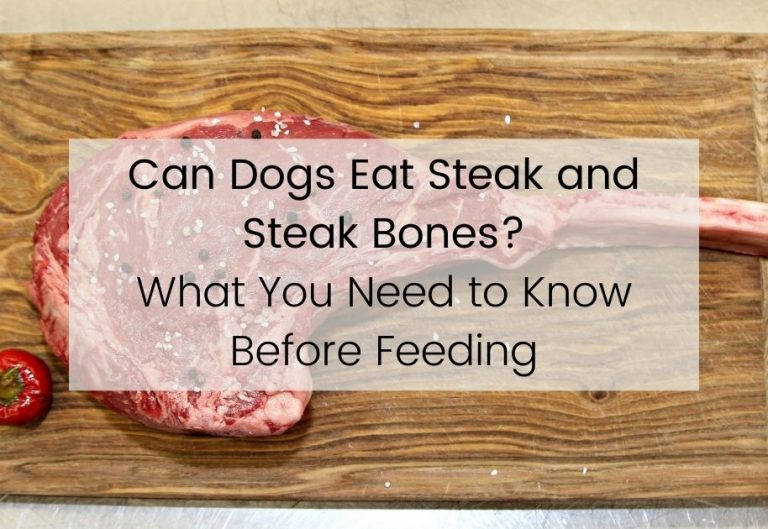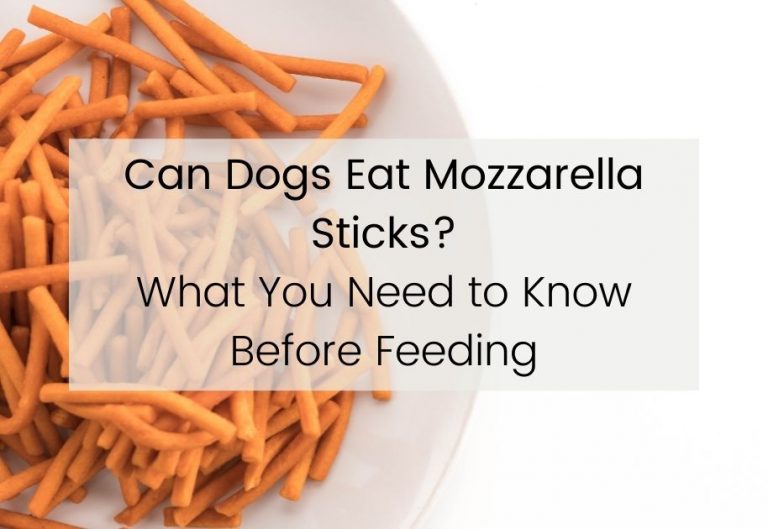Who doesn’t enjoy some jelly spread on their toast or muffin in the morning? Jelly even goes great in desserts and cakes!
But what about our dogs? Can they enjoy a yummy serving of some jelly with their breakfast too?
Well, if you’re wondering if your dog can have some jelly, then you’re certainly not alone!
So, let’s talk about jelly and whether or not it is safe to give to your dog.
What Is Jelly?
Jelly is a semi-solid, gelatinous, spreadable fruit-based food that people often use on toast, biscuits, muffins and even some cakes or rolls.
Jelly also comes in a wide variety of flavors, such as grape, strawberry, marmalade (orange), lemon, raspberry, blackberry and many more!
Is Jelly A Healthy Snack For Dogs?
Sure! But dogs can only really have it in small amounts.
Also, make sure that the ingredients are not too far away from being purely juice.
If the ingredients include juices and added sugars or preservatives, it may not be safe for your dog.
If the ingredients are just juice and fruit, it should be safe in small amounts on rare occasions.
However, keep in mind that even if the ingredients are healthy, jelly is still high in sugars which can cause weight gain and other issues, like joint pain and diabetes.
If your dog does eat jelly, it is best to keep it to an odd treat as opposed to a regular food item.
Are There Any Health Benefits To Feeding A Dog Jelly?
There are not really a lot of nutritional benefits to giving your dog jelly.
The main benefit of jelly for dogs is that it is a source of fruit juice.
This can be a useful addition to their diet if used in small amounts and given at the right time.
What Are The Risks With Feeding A Dog Jelly?
Small amounts of jelly should not cause serious problems for your dog. However, as with most things, too much of any extra human food can be bad for your companion.
They should be obtaining all of their necessary daily nutritional requirements from their dog food.
Since jelly is a source of sugar, too much can lead to weight gain and diabetes.
Feeding your dog anything that isn’t their normal diet can lead to adverse side effects such as an upset stomach, resulting in vomiting and diarrhea.
The biggest danger with jelly is a few key ingredients:
- Sugar
- Fruit juice concentrate, including apple juice concentrate
- Artificial sweeteners
While fruit juice concentrate isn’t inherently evil and bad for dogs, the amount of citric acid and sugar can certainly cause an upset stomach.
Artificial sweeteners, on the other hand, can be very dangerous to your dog as xylitol is highly toxic and should be avoided at all costs.
Xylitol can also be found in some low fat candies, toothpaste and sugar-free gum.
What Should You Do If Your Dog Eats Jelly?
The best approach if your dog eats jelly is to call a veterinarian.
The veterinarian will be able to advise on the best course of action, which may include inducing vomiting.
Can Dogs Eat Jelly?
In moderation, jelly can be given to dogs.
However, it’s best to avoid foods with little nutritional value and a high sugar content.
If you’re wanting to just give your dog a small bite of your breakfast toast and jelly, then it should be fine.
Just remember, moderation is key to keeping our dog’s trim and healthy!
![Can Dogs Eat Weetabix? [Benefits and Risks]](https://doghealthknowhow.com/wp-content/uploads/2022/02/Can-Dogs-Eat-Weetabix-768x529.jpg)




